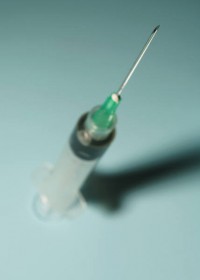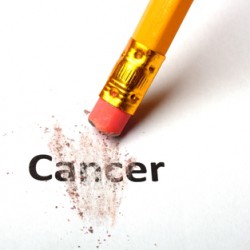
Weight loss is a common stereotype of cancer diagnosis and treatment. If you are dealing with breast cancer, it’s not unusual to actually gain weight. Factors such as personal and financial stress and the disruption of physical activity all play a part, but there are physiological reasons as well.
Effects of chemotherapy and hormonal therapy
Some people have a natural tendency to gain weight when treated with chemotherapy and steroids. The cause can be indirect if treatment causes you to enter menopause, which can also trigger weight gain.
An enzyme known as LPL controls the transfer of fat between cells in your body. Estrogen suppresses this LPL activity with fat cells. If your hormone levels drop due to cancer treatment, LPL is able to pull more fat into the fat cells where it is stored instead of burned.
Tips for maintaining a healthy weight
While weight control is important under any circumstances, being overweight can increase the risk of cancer recurrence, providing another vital reason. Here are some principles to consider when developing a healthy eating plan.
- Basic mathematics still apply. If you burn more calories than you consume each day, your weight will go down.
- However, all calories are not created equal. A 1,200-calorie-a-day diet consisting of sweets and high-fat foods is not going to do the trick. The same amount of calories consumed in fruits, vegetables and lean protein is a nutritionally sound way to lose weight.
- Keep insulin levels steady by eating small amounts of low-carbohydrate foods throughout the day.
Our natural immuno-oncology treatment is designed with your personal needs in mind. Visit our website to learn more.





